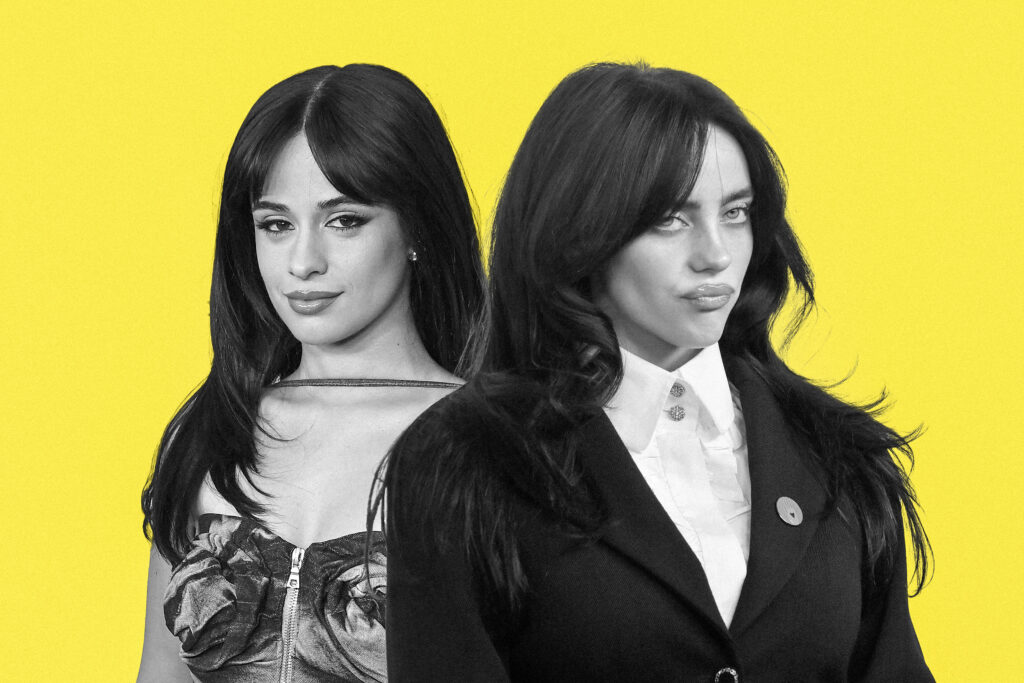- Artists and songwriters want to stop developers training AI models to sound like famous artists without permission
- Artists Rights Alliance says using AI to create likenesses of music threatens the livelihood of many in the business
- More than 200 signatories of open letter from across the music business

More than 200 recording artists and songwriters, including Billie Eilish and Nicki Minaj, have signed an open letter that calls on AI developers to stop using it to undermine their work and earning potential.
AI is developing at a huge rate but needs vast amounts of data to learn from – and some are using recorded music to train models to produce ‘copycat’ recordings, or to use AI sound rather than having to pay royalties for using an original recording.
The Artist Rights Alliance (ARA) – an artist-led non-profit organization – has published an open letter, signed by more than 200 artists, including some globally famous names, to call for “AI developers, technology companies, platforms, and digital music services to cease the use of AI to infringe upon and devalue the rights of human artists.”
The letter goes on to say that, while the ARA believe that AI has potential to advance human creativity when used responsibly, “some platforms and developers are employing AI to sabotage creativity and undermine, artists, songwriters, musicians and rightsholders.
“When used irresponsibly, AI poses enormous threats to our ability to protect our privacy, our identities, our music and our livelihoods. Some of the biggest and most powerful companies are, without permission, using our work to train AI models. These efforts are directly aimed at replacing the work of human artists with massive quantities of AI-created “sounds” and “images” that substantially dilute the royalty pools that are paid out to artists. For many working musicians, artists and songwriters who are just trying to make ends meet, this would be catastrophic.”
The letter calls for protection against the use of AI to steal artists’ voices and likenesses and violate creators’ rights.